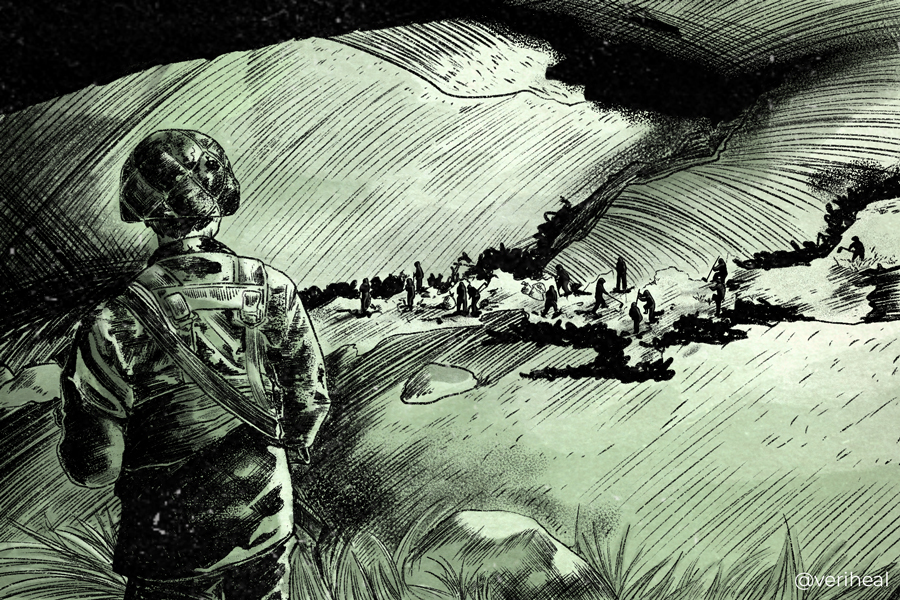Nations across the globe are beginning to recognize the dangers of restrictive drug policies—aka the “war on drugs.” Colombia and Mexico recently came together for an international conference focused on “redesigning and rethinking drug policy” given the “failure” of prohibition. The two countries will collaborate with other Latin American leaders to create new drug policies.
Colombian President Gustavo Petro and Mexican President Andrés Manuel López Obrador said in a joint statement in November that they recently met to discuss “geopolitical, commercial, cultural and development cooperation” in their bilateral relationship. Petro also stated, “Recognizing the failure of the fight against drugs and the vulnerability of our peoples in the face of this problem, Mexico and Colombia will convene an International Conference of Latin American leaders to redesign and rethink drug policy.”
Colombia’s Drug Policy
Colombia currently allows the production of cannabis for medical purposes. The cannabis market can be exported to foreign markets like the United States and Canada. Colombia has presented new legislation that would legalize recreational cannabis, and many believe this will push thousands of farmers away from drug trafficking and into the legal trade. Both Colombia and Mexico have worked to advance marijuana legalization and recognize the “failure” of the drug war. “We are killing each other,” the Colombian president said in a statement, “and it is the product of prohibition.”
This issue is something that Colombian President Petro has addressed previously—during a speech at a meeting of the United Nations (UN) in September, urging member nations to fundamentally change their approaches to drug policy and disband with prohibition. Colombian senators also approved a cannabis legalization bill in committee following its advancement in the country’s Chamber of Representatives.
Why You Should Get Your Medical Marijuana Card
Veriheal has satisfied millions of patients nationwide by giving them access to these benefits
- Larger purchase limits
- Peace of mind
- Enhanced legal protection
- Access to higher potency strains
- Save up to 25% on cannabis purchases
- Skip the line at the dispensary
Mexico’s Drug Policy
In 2018, Mexico’s Supreme Court ruled that the prohibition on cannabis possession and cultivation for personal use is unconstitutional. The country’s recreational cannabis sales kicked off on April 1, 2022. In a joint statement from both country leaders, Mexico and Columbia discussed convening a conference for Latin American nations; they stated that the conversation would also consider the developments in the U.S.
This referred to President Joe Biden’s recently issued marijuana pardon and ordered scheduling review. A top Mexican senator, Senate President Olga Sánchez Cordero, separately stated, “There is no longer room for the prohibitionist policy.” It has also been said that the influence of the U.S. is to blame for failed marijuana criminalization laws in her country.
Harm From the War on Drugs
With the cultural shift surrounding cannabis, many countries are changing laws and regulations. There is widespread awareness of the damage that the war on drugs has caused throughout several countries. The enforcement of overly punitive laws for drug offenses has not only proven ineffective in curbing the production, trafficking, and consumption of illicit substances but has led to many negative consequences, including overloading criminal justice systems, overwhelming the courts, fuelling prison overcrowding, and exacerbating health problems.
Using already limited resources on low-level offenders and drug users has prevented governments from targeting the perpetrators of organized crime. Organized crime has benefited from the financial benefit of the drug addictions of usually poor and marginalized users. The war on drugs has seen little differentiation between using and possessing illegal drugs.
Author, Share & Comments








